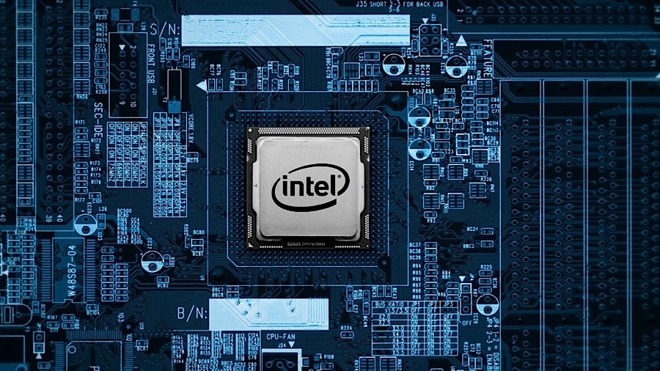Intel admits reboot issues in Spectre patch affects newer Skylake and Kaby Lake processors
Following Intel's release of patches to combat the Meltdown and Spectre vulnerabilities in its chips, the processor producer has confirmed that reports of PCs rebooting are not limited to just older chip generations, with newer releases also confirmed to be susceptible to rebooting when using the updated firmware.
In a blog post, Intel Vice President Navin Shenoy advises the firm has already issued firmware updates for 90 percent of its processors introduced over the last five years. While this has led to an issue for some customers using Broadwell and Haswell-based processors where the use of the patch causes desktops and servers to reboot on a frequent basis, Shenoy now confirms the same issues can occur for users of older and newer chip generations.
"We have determined that similar behavior occurs on other products in some configurations, including Ivy Bridge-, Sandy Bridge-, Skylake-, and Kaby Lake-based platforms," notes Shenoy in the post. "We have reproduced these issues internally and are making progress towards identifying the root cause."
Beta microcode for another patch will apparently be provided to vendors by next week, for validation purposes before distribution. Shenoy also advises customers wanting additional guidance on the issue to check out the Intel Security Center site, where regular updates on the status of the problem will be issued by the company.
The blog post also goes into detail about Intel's data center performance benchmarks, monitoring the impact the patches are making on server workloads. Noting that the performance impact will generally depend on specific workloads and configurations, data center tasks that incorporate a large number of user or kernel privilege changes and spend more time in a privileged mode will be more adversely impacted.
An impact of two percent and under has been measured in measures of integer and floating point throughput, Linpack, and other server-side benchmarks, effectively representing common workloads. A four percent impact was seen on the performance of an online transaction processing benchmark modeling a brokerage firm's customer-broker-stock exchange interactions.
Storage benchmarks wildly differed in terms of impact, with FlexibleIO benchmarks showing an 18 percent decrease in throughput performance during attempts to stress the processor, dropping to a two-percent decrease when using a 70/30 read/write model, and no throughput impact at all when CPU utilization was low.
Since the revelation of the Meltdown and Spectre vulnerabilities, Intel has been hit with multiple class-action lawsuits, both from law firms representing customers and Intel's shareholders. CEO Brian Krzanich has outlined Intel's response to the vulnerabilities, committing to follow the rules of responsible disclosure, to work closely with the rest of the tech industry to share innovations to avoid future vulnerabilities such as these, and to issue patches for every CPU released in the last five years by the end of January.
Apple has previously confirmed all of its Mac and iOS CPUs are affected by the vulnerabilities, and has already taken steps to counter the chip flaws with software updates.
 Malcolm Owen
Malcolm Owen











 Mike Wuerthele
Mike Wuerthele


 Chip Loder
Chip Loder

 William Gallagher
William Gallagher
 Christine McKee
Christine McKee
 Michael Stroup
Michael Stroup






